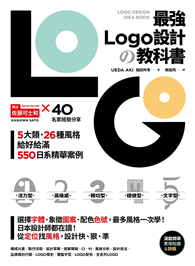This book examines the changing significance of intra-European labor mobility in the 21st century. The focus is on the driving forces, the labor market effects and the regulation of this mobility. It is shown that there is a demand for workers with different qualifications in the "post-industrial" societies of Western Europe. This demand is primarily met by migration from the enlarged EU. However, this is no longer traditional labor migration, but the mobility of EU citizens. This brings with it new opportunities, but also challenges in a transnational mobility space, which is also a space of inequality.
| FindBook |
有 1 項符合
Labour Mobility in the European Union as an Example of the Transnationalization of Employment的圖書 |
 |
Labour Mobility in the European Union as an Example of the Transnationalization of Employment 作者:Krings 出版社:Springer 出版日期:2024-05-14 語言:英文 規格:平裝 / 23.5 x 15.49 cm / 普通級/ 初版 |
| 圖書館借閱 |
| 國家圖書館 | 全國圖書書目資訊網 | 國立公共資訊圖書館 | 電子書服務平台 | MetaCat 跨館整合查詢 |
| 臺北市立圖書館 | 新北市立圖書館 | 基隆市公共圖書館 | 桃園市立圖書館 | 新竹縣公共圖書館 |
| 苗栗縣立圖書館 | 臺中市立圖書館 | 彰化縣公共圖書館 | 南投縣文化局 | 雲林縣公共圖書館 |
| 嘉義縣圖書館 | 臺南市立圖書館 | 高雄市立圖書館 | 屏東縣公共圖書館 | 宜蘭縣公共圖書館 |
| 花蓮縣文化局 | 臺東縣文化處 |
|
|
圖書介紹 - 資料來源:博客來 評分:
圖書名稱:Labour Mobility in the European Union as an Example of the Transnationalization of Employment
|











